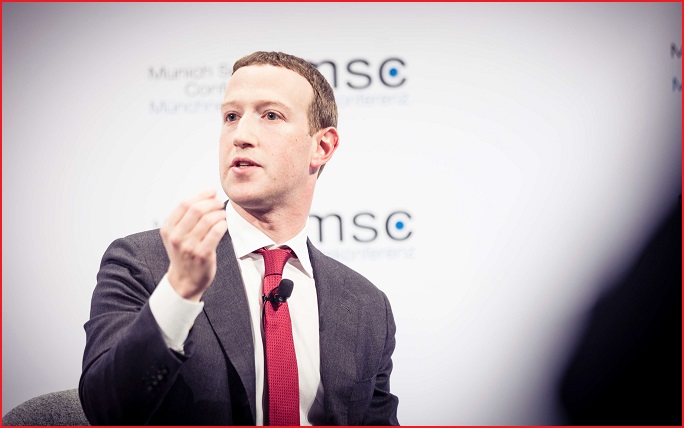Facebook founder Mark Zuckerberg has called for more government regulation of social media platforms and technology giants.
Speaking at the Munich Security Conference over the weekend, Zuckerberg tried to eschew the power his company has over the modern social and political landscape.
He specifically mentioned issues around how to moderate for election interference, dangerous content, and data use, saying that Facebook’s responsibility is to “to build the operational muscle to be able to proactively enforce whatever the policies and regulations are”.
“At some level I do think that we don’t want private companies making so many decisions about how to balance social equities without a more democratic process,” Zuckerberg said.
“So, I think that where the lines in my opinions should be drawn is there should be more guidance and regulation from the state.
“Take political advertising as an example – what discourse should be allowed? Or on the balance of free expression and things people call harmful expression, where do you draw the line?”
Despite having already defended his own positions on free expression and political advertising clear – Zuckerberg has previously eschewed responsibility for truthfulness in political adverts on Facebook – the social media mogul said his company was “doing [its] best” in the absence of regulation.
“We’re going to build up the muscle to find stuff as proactively as possible,” Zuckerberg said.
“We will try to draw the lines in the right places, but I actually think on a lot of these questions that are trying to balance different social equities, it’s not just about coming up with the right answer, it’s about coming up with an answer that society feels is legitimate.”
Zuckerberg explained that his social media platforms “take down more than a million fake accounts a day” and that they have identified “50 coordinated information operations” in the past year alone.
Yet even boasting a staff of 35,000 content moderators, Facebook still struggled to remove livestreamed video recorded during a mass shooting in Thailand.
This, less than a year after the horrific Christchurch massacre was broadcast live on Facebook, drawing criticism to the social media platform for not acting sooner.
Why would Zuckerberg want regulation?
In countries and regions where Facebook has helped erode faith in the democratic process, leaked and profited off millions of peoples’ data, and been accused of aiding the spread of child exploitation material, Facebook must continue to maintain its social license or perish.
Its $US70 billion in revenue last year came largely from advertising.
Being one of the first of its kind, Facebook grew up in a fairly scarce regulatory environment, but that is slowly changing.
In its financial report for 2019, Facebook identified the risk unfavourable regulations pose to its business model.
“We are subject to a variety of laws and regulations in the United States and abroad that involve matters central to our business,” the report says.
“Many of these laws and regulations are still evolving and being tested in courts, and could be interpreted in ways that could harm our business.”
The report specifically mentions Facebook’s advertising revenue being dependent on “data signals” that help provide “targeting and measurement tools”, warning that “legislative and regulatory changes” have already – and will continue to – impact its operations.
Zuckerberg will speak with members of the European Commission in Brussels this week, hoping to get on the front foot against the EU’s new digital policy that is set to target technology giants’ use of artificial intelligence.










